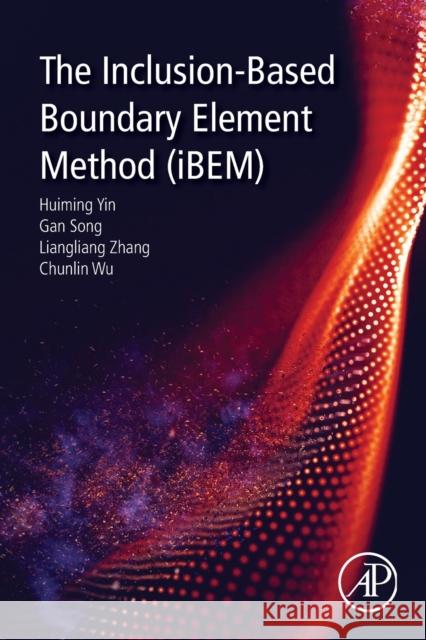The Inclusion-Based Boundary Element Method (Ibem) » książka
topmenu
The Inclusion-Based Boundary Element Method (Ibem)
ISBN-13: 9780128193846 / Angielski / Miękka / 2022 / 354 str.
Kategorie:
Kategorie BISAC:
Wydawca:
Academic Press
Język:
Angielski
ISBN-13:
9780128193846
Rok wydania:
2022
Ilość stron:
354
Waga:
0.47 kg
Wymiary:
22.86 x 15.24 x 1.88
Oprawa:
Miękka
Wolumenów:
01
Dodatkowe informacje:
Bibliografia
Wydanie ilustrowane
Wydanie ilustrowane











